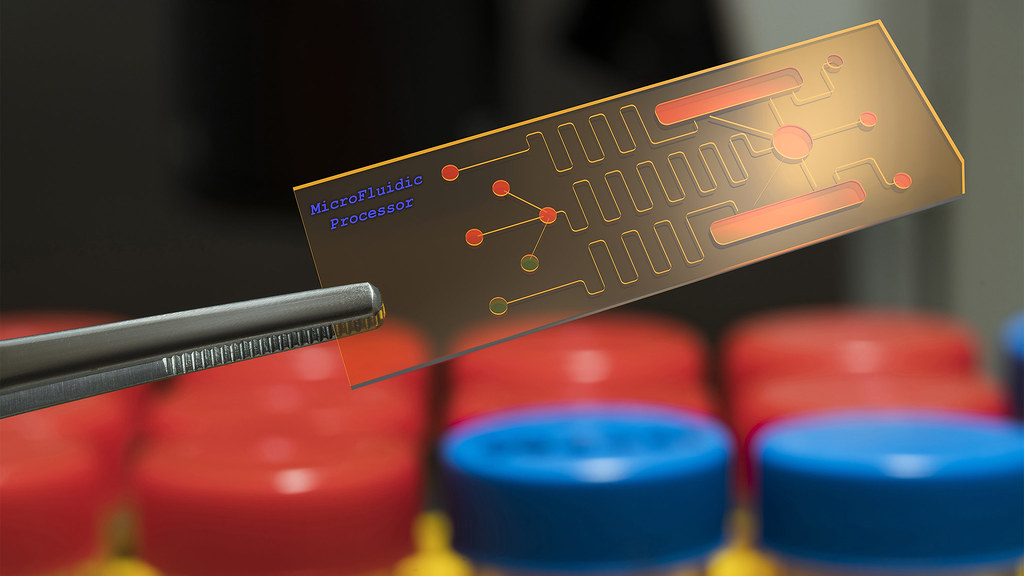Science & Technology, UK (Commonwealth Union) – Researchers from the University of Sussex have had positive results while testing new biodegradable health sensors, that has the possibility of bringing in a whole new personal healthcare and fitness monitoring technology.
The researchers formed the new health sensors, like those used by runners or patients for tracking of the heart rate and temperature. This new technology will utilize natural elements such as rock salt, water and seaweed, combined with graphene. As a result of them being solely made with ingredients obtained from nature, the sensors are completely biodegradable, making them more environmentally friendly when compared to widely utilized rubber and plastic-based alternatives. Their natural composition additionally puts them within the emerging scientific field of edible electronics, which are electronic devices making them safe for a personal consumption.
Edible electronics are a type of electronics technology that is designed to be safe for human consumption. These devices are made from biocompatible materials that can be ingested without causing harm to the body. Edible electronics have the potential to revolutionize the field of medicine by providing a safe and effective means of monitoring and delivering medication and nutrients to the body.
The scientists further discovered that their sustainable seaweed-based sensors actually outperform the present synthetic based hydrogels and nanomaterials, utilized in wearable health monitors, in terms of sensitivity. Hence, enhancing the accuracy, as increased sensitivity of a sensor, provides further accuracy in recording an individual’s vital signs.
Lead scientist Dr Conor Boland, a physicist from the University of Sussex had got the idea to utilize seaweed while watching TV.
“For me, one of the most exciting aspects to this development is that we have a sensor that is both fully biodegradable and highly effective. The mass production of unsustainable rubber and plastic based health technology could, ironically, pose a risk to human health through microplastics leeching into water sources as they degrade,” explained Dr Conor Boland, who also lectures materials physics at the School of Mathematical and Physical Sciences.
He further added that as a new parent, he saw it as his responsibility to make sure his research makes it possible for the realization of a cleaner world for the children.
Seaweed is 1st and foremost an insulator, however by an additional critical amount of graphene to a seaweed mixture the researchers had the possibility to form an electrically conductive film. The soaking in a salt bath, the film absorbs water in a fast manner, leading to a soft, spongy, electrically conductive hydrogel, as indicated by researchers.
The new finding has the possibility of revolutionizing health monitoring technology, as a future application of the clinical grade wearable sensor may appear similar to a 2nd skin or a non-permanent tattoo. This is lightweight, simple to rub on, and safe, as it’s produced with completely natural ingredients, significantly enhancing the universal patient experience, with no requirement for more commonly utilized and possibly invasive hospital instruments, wires as well as leads.
Biodegradable health sensors have significant implications for both the healthcare industry and the environment. Here are some of the key significances such as Reducing Environmental Impact, Safer for Patients, Improved Patient Comfort, More Sustainable Healthcare and Enhanced Patient Monitoring. Biodegradable health sensors have the potential to transform the healthcare industry by providing a safer, more sustainable, and more effective means of monitoring patient health.
With increased focus on the environment in the present were having the traditional health sensors being made from non-biodegradable materials, which can accumulate in landfills and contribute to environmental pollution making it a serious hazard. Biodegradable health sensors, on the other hand, break down naturally over time, reducing their environmental impact.








